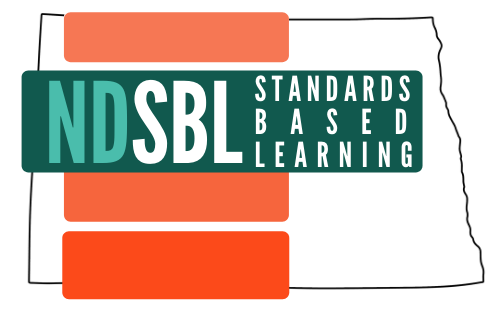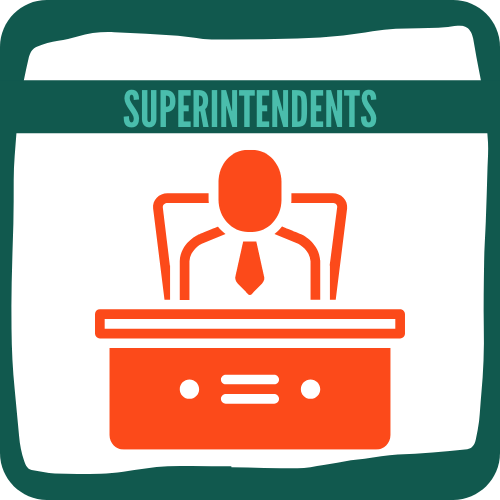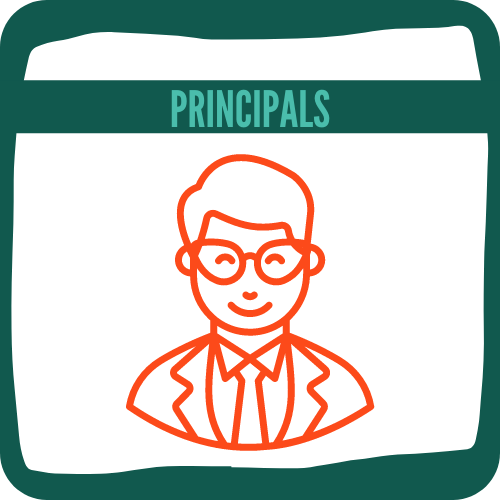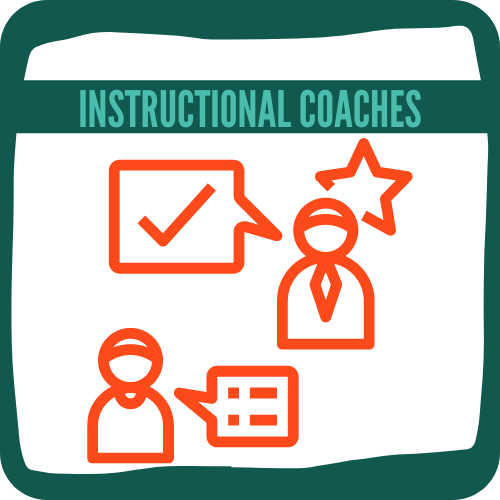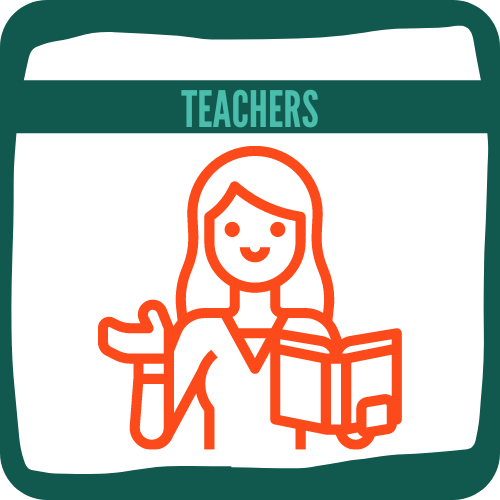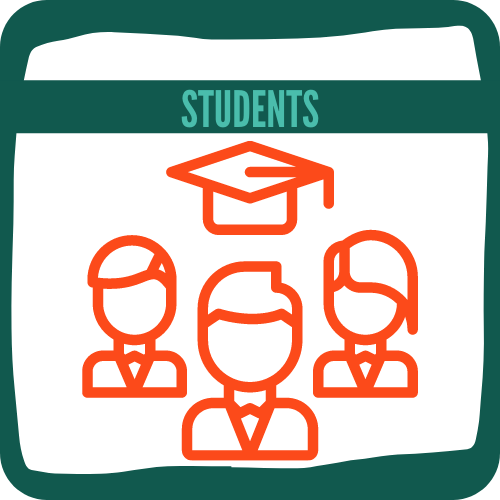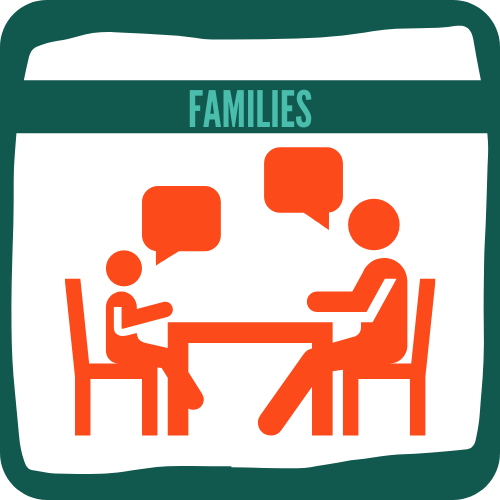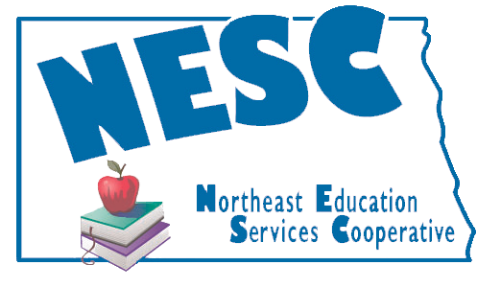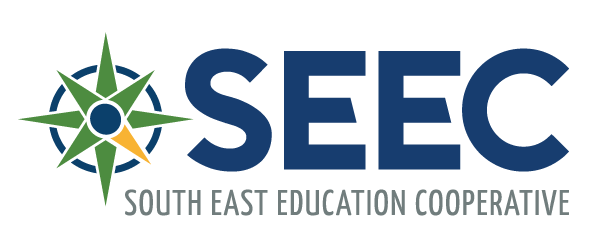North Dakota
Standards-Based Learning
|
What is Standards-Based Learning?
|
Standards-based learning is a systematic approach to the planning and implementation of high-quality curriculum, instruction, and assessment. These practices meet the needs of students, educators, and families by promoting greater levels of clarity, communication, consistency, and effectiveness in teaching and learning. Using prioritized North Dakota content standards, learning time is maximized while learning progress is measured through the scaffolded demonstration of competency throughout the learning process. Standards-based learning is rooted in instructional research and serves to create a guaranteed and viable curriculum for all North Dakota students.
|
Beginning in 2017, the Central Regional Education Association (CREA-Bismarck/Minot), Northeast Education Services Cooperative (NESC-Devils Lake), and South East Education Cooperative (SEEC-Fargo) partnered to support schools in their implementation of standards based learning.
Collaborative work among these Regional Education Associations (REAs) and with educators across the state produced the North Dakota Priority Standards, proficiency scales, and additional resources, all supported by the North Dakota Department of Public Instruction (NDDPI).
This collection of documents, aligned to the North Dakota State Content Standards, serves as a guide for schools as they refine their curriculum, instruction, and assessment frameworks and practices.
|
Funds allow for new and continued work
|
In the Spring of 2021, the CREA, NESC, and SEEC submitted a proposal to the NDDPI for continued funding of this statewide effort. The proposal was awarded in Fall 2021 for a three-year term.
Priorities within this proposal include
- Revising the existing K-12 English Language Arts and Math proficiency scales;
- Establishing K-12 Social Studies and Science Priority Standards and aligned proficiency scales; and
- Creating a statewide professional development framework.
Our team’s state scaling objectives are as follows:
- Increase equity for North Dakota K-12 students through access to teaching and learning of the State Content Standards
- Accelerate learning for North Dakota K-12 students through implementation of quality instructional frameworks aligned with the State Content Standards
- Increase equity for North Dakota K-12 educators and educational stakeholders through flexible access to comprehensive, scaffolded, and instructionally-focused professional development
- Set students up for success through support of K-12 educators, schools, and school districts through the implementation of
- Evidence-based instructional frameworks and
- Sustainable, high-quality professional development structures with entry points for schools of all sizes, locations, and readiness
Our grant team is already busy structuring resources and planning professional development. Further, we’ve established this leadership communication (what will become a regular communication) to support you in this important work! This work is implemented neither easily nor swiftly, and we find that it’s lead best in mutual company. Let us help you through the sharing of ideas and resources, trials and successes, partners, and opportunities. We’re working on this WITH you and cheering you on all the way!
|
How can I use this information in my role?
|
Superintendents
Superintendents want all aspects of teaching and learning to be successful within a school system. In implementing standards-based learning, superintendents ensure that all staff and stakeholders district-wide are unified in their commitment to high-quality, teaching, assessment, grading, and reporting practices. Standards-based learning also serves to support and enrich goals within district strategic plans.
|
Principals
Similar to superintendents, principals want all aspects of teaching and learning to be successful within a school system. Principals are called upon to support high-quality teaching and learning at the classroom level. Focusing on standards-based learning practices, principals are given a replicable framework for engaging teachers in professional learning, development, and goal setting. Having a strong schoolwide framework helps ensure teachers are meeting their professional potential, while also guaranteeing a high-quality education for students.
|
Instructional Coaches
Instructional coaches and curriculum coordinators play a pivotal role in the implementation and support of standards-based learning. They serve to reinforce key concepts and processes utilizing a consistent coaching or planning focus that applies to all classrooms and teachers. Classroom and teacher goals are clear and aligned with implementation of best practices. Instructional coaches and curriculum coordinators may also provide professional development opportunities, professional learning communities, and/or planning times to strengthen standards-based learning practices throughout the district.
|
Teachers
Standards-based teaching and learning is a system of practice that aids in all phases of the teaching cycle: planning, performance, assessment, and reflection. This system of practice empowers teachers to focus in on the essential priorities within their content and enables them to develop systematic ways in which to guide learners through learning progressions. This type of pedagogy also encourages teachers to assess learners frequently and adjust instruction according to the needs and the proficiencies of their learners. Standards-based learning practices provide teachers confidence and efficacy they need to deliver high-quality curriculum and instruction to students.
|
Students
Students are the central focus of standards-based learning, and as such receive the greatest benefits. Students in classrooms that utilize standards-based learning practices experience a ‘demystification’ of school. Educators who engage in standards-based teaching clearly communicate to their learners the learning progressions required to master a given standard. In turn, students create goals and track their progress towards proficiency. Learners become inherently more aware of how standards are relevant to classroom activities and assessments, what steps they need to take to gain new knowledge and skills, and how to articulate their needs as well as their understanding. This level of self-advocacy leads to strong ownership in the learning process and increased student achievement.
|
Families
Families want to know what their children are learning in school. They want to know that the content being taught will be the most beneficial for their children’s quality of life after graduation. Daily, they entrust the school to teach their children, and in return they expect to see the results of that education. Standards-based learning practices serve to open and maintain clear communication with families about what students are learning, when they are learning it, and why it is so important for them to know. These practices also equip families to open dialogues with their children regarding their learning and growth at school. The clarity in communication and purpose provided by standards-based learning practices serve as a guarantee to families that their children are in good hands.
|
What can I do right now with this information?
|
Coming Soon:
Spring 2022
- Webinar with Jan Hoegh, Marzano Resources – Standards Based Learning from the Student Perspective (Registration coming soon!)
June 2022
- ND ELA Scale revisions
- ND Math Scale revisions
- ND Science Priority Standards and Scales
- ND Social Studies Priority Standards and Scales
- ND Health Priority Standards and Scales
|
A collaboration among these Regional Education Associations (REAs) and educators across the state produces the North Dakota Priority Standards, proficiency scales, and additional North Dakota Standards-Based Learning resources, all supported by the North Dakota Department of Public Instruction.
|
|
